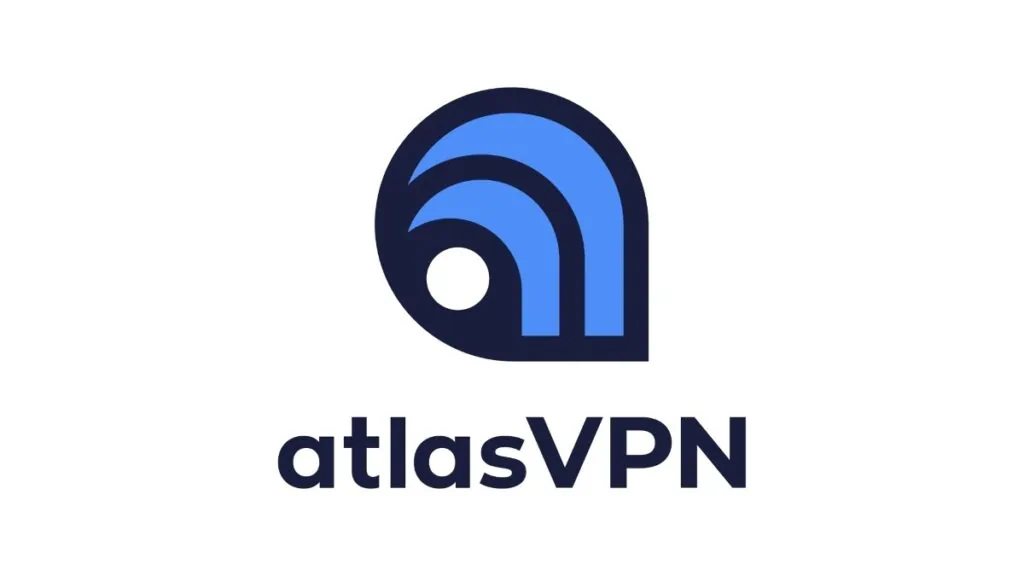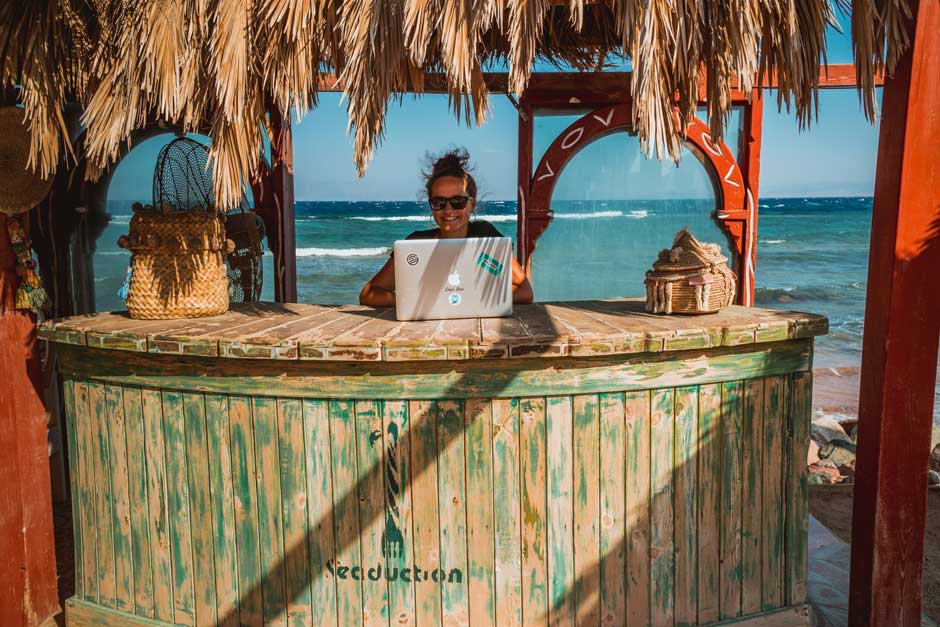Understanding the Fundamentals: What is a VPN Service Used For?
A VPN service, or Virtual Private Network, is a tool that allows users to securely connect to a network from a remote location. It uses a secure, encrypted connection to create a virtual “tunnel” between the user’s device and the network. This tunnel is used to transmit data, such as sensitive information or private files, back and forth between the user’s device and the network. VPN service is used for various purposes such as online security, privacy, anonymous browsing, remote access, bypassing censorship, and many more. It is widely used by individuals, businesses, and organizations to keep their data and communications private and secure. Additionally, VPN service can also be used to access content that may be restricted or blocked in certain regions, making it a powerful tool for internet users around the world.
Secure your online presence with Atlas VPN
VPN Service Used for Anonymous Browsing: How It Works
Using a VPN service to browse the internet anonymously can help protect your identity and personal information from being tracked and collected by websites, advertisers, and hackers.
When you use a VPN to browse the internet, your internet traffic is routed through a secure, encrypted tunnel to a VPN server. The VPN server assigns you a new IP address, which is used to identify your device on the internet. This new IP address is not linked to your personal information, such as your name or location, making it much more difficult for websites, advertisers, and hackers to track and collect your data.
Many VPN services also offer features such as kill switches, which can disconnect your internet connection if the VPN connection is lost. This can help protect you from accidentally accessing the internet without the protection of the VPN, which can leave your personal information vulnerable to tracking and collection. Some VPN services also provide a feature called “no-logs” policy which means that they do not store any logs of your online activity, making it more difficult for anyone to track your browsing history. It’s important to note that while VPNs can help protect your anonymity, they aren’t foolproof and you should still be careful about what information you share online and which websites you visit.
Used for Streaming: Unblocking Geo-Restrictions and Enhancing Privacy
VPN service can be useful for streaming as it can help users access content that is not available in their country or region. Many streaming services use geo-restrictions to limit access to certain content based on the user’s location. By connecting to a VPN server in a different country or region, users can access content that would otherwise be blocked.
Using a VPN service to stream can also enhance privacy by encrypting the user’s internet connection and hiding their IP address. This can protect the user’s personal information from being tracked and collected by streaming services, websites, and advertisers. It can also help protect the user from hackers who may try to steal their personal information or financial data when streaming on public Wi-Fi networks.
While a VPN service can help users access geo-restricted content and enhance privacy, it may not always work perfectly as streaming services are aware of the use of VPN and are taking action to prevent it. In addition, some VPN services may have bandwidth limitations that can affect the streaming quality or speed, so it’s important to choose a VPN service that is specifically designed for streaming and has enough bandwidth for high-quality video streaming.
Used for Gaming: Improving Connection Speed and Security
VPN service can be useful for gamers as it can help improve connection speed and security. When a gamer uses a VPN, their internet connection is routed through a secure, encrypted tunnel to a VPN server. This can help reduce lag and improve connection speed by reducing the number of hops the data has to travel through. Additionally, a VPN can also help protect gamers from DDoS attacks, which are common in the gaming community. A DDoS attack is when a hacker floods a gaming server with fake traffic, causing it to crash and making it impossible for legitimate players to connect.
Furthermore, using a VPN can also enhance privacy by encrypting the user’s internet connection and hiding their IP address, making it harder for hackers to target them with DDoS attacks. It can also prevent the game server from knowing the player’s location, which can help avoid geo-restrictions and allow the player to connect to servers that are not available in their region.
It’s important to note that not all VPN services are optimized for gaming, so it’s important to select a VPN service that is specifically designed for gaming and has low latency, high speed, and a good number of servers around the world to connect to. Also, using a VPN service can sometime reduce the connection speed or cause some lag, so it’s important to test the VPN service with the game you intend to play and see if it will work for you.
Used for Businesses: Keeping Data and Communications Secure
A virtual private network, or VPN, service is a tool that can help protect your online privacy by encrypting your internet connection and hiding your IP address. When you use a VPN, your internet traffic is routed through a secure, encrypted tunnel to a VPN server, and then sent out to the internet from there. This means that anyone monitoring your internet connection, such as your internet service provider (ISP) or a hacker on a public Wi-Fi network, won’t be able to see what websites you’re visiting or what data you’re sending.
Using a VPN service can help protect your personal information from being tracked, collected, and sold by third parties. When you visit a website, it can track your IP address, location, and browsing history, and then use that information to target you with ads or sell it to other companies. When you use a VPN, your IP address is hidden and your location is changed, so websites won’t be able to track you as easily. Additionally, many VPN services also block third-party cookies, which are used by websites to track your browsing history and target you with ads.
While VPNs can help protect your online privacy, they aren’t a magic solution and you should still be careful about what information you share online and which websites you visit. It’s always recommended to check the privacy policy of the VPN service you are using, and also be aware of the jurisdiction where the VPN service provider is based and what laws apply on them.
Used for Traveling: Protecting Your Data and Bypassing Censorship
VPN service can be particularly useful for travelers as it can help protect their personal information and bypass censorship while using the internet in other countries. When traveling, it’s important to be aware that the internet may not be as secure as it is at home, and hackers and cybercriminals may try to steal personal information or financial data. Additionally, some countries may have strict internet censorship laws, which can make it difficult or impossible to access certain websites and services.
Using a VPN service can help protect travelers’ personal information by encrypting their internet connection and hiding their IP address. This can make it much more difficult for hackers and cybercriminals to intercept and steal their data. Additionally, by connecting to a VPN server in a different country or region, travelers can bypass censorship and access websites and services that would otherwise be blocked.
While using a VPN service can help protect personal information and bypass censorship, not all VPN services are created equal. Some VPN services may not work well in certain countries, or may be blocked by the local government. It’s important to do some research and find a VPN service that is known to work well in the country or region you will be traveling to. It’s also recommended to check the laws and regulations of the country you will be traveling to regarding the use of VPN service, as some countries have strict laws against the use of VPNs.
VPN Service Used for Remote Workers: The Benefits and How to Set It Up
VPN service can be particularly useful for remote workers as it allows them to securely connect to their company’s network and access internal resources such as files, databases, and applications. This allows remote workers to work as if they were in the office, even when they are physically located elsewhere.
When a remote worker uses a VPN to connect to their company’s network, their internet traffic is routed through a secure, encrypted tunnel to the VPN server. This means that any data sent between the remote worker’s device and the company’s network is encrypted, making it much more difficult for hackers to intercept and steal the data. Additionally, a VPN can also provide remote workers with a secure connection when working from a public Wi-Fi network, such as a coffee shop or airport.
Setting up a VPN for remote workers can vary depending on the specific VPN service and the company’s network infrastructure. Some companies may have their own VPN servers and require remote workers to install VPN client software on their devices. Other companies may use a third-party VPN service, in which case remote workers will need to sign up for an account and install the VPN client software. In any case, it’s important to follow the specific instructions provided by the VPN service or the company’s IT department to set up the VPN correctly and ensure that the connection is secure.
How Does VPN Technology Work?
A VPN, or virtual private network, is a technology that allows users to establish a secure and private connection to another network over the internet. This connection is established by creating a virtual “tunnel” between the user’s device and the network, through which all data is sent and received. The data is encrypted, which means that it is converted into a secure code that only the user and the network can read. This encryption helps to protect the user’s data from being intercepted and viewed by unauthorized parties.
When a user connects to a VPN, their device establishes a connection to a VPN server. This server acts as an intermediary between the user’s device and the internet, routing the user’s internet traffic through the secure VPN tunnel. The VPN server assigns the user a new IP address, which is used to identify the user’s device on the internet. This new IP address is not linked to the user’s personal information, such as their name or location, making it much more difficult for websites and advertisers to track and collect the user’s data.
VPNs can also help users bypass censorship and access content that may be restricted in certain regions. By connecting to a VPN server in a different country or region, users can access websites and services that would otherwise be blocked.
Remember that while VPNs can provide a secure and private connection, they are not foolproof and it’s still important to be careful about what information you share online and which websites you visit. It’s also important to choose a reputable VPN service, and be aware of the jurisdiction where the VPN service provider is based and what laws apply on them.









